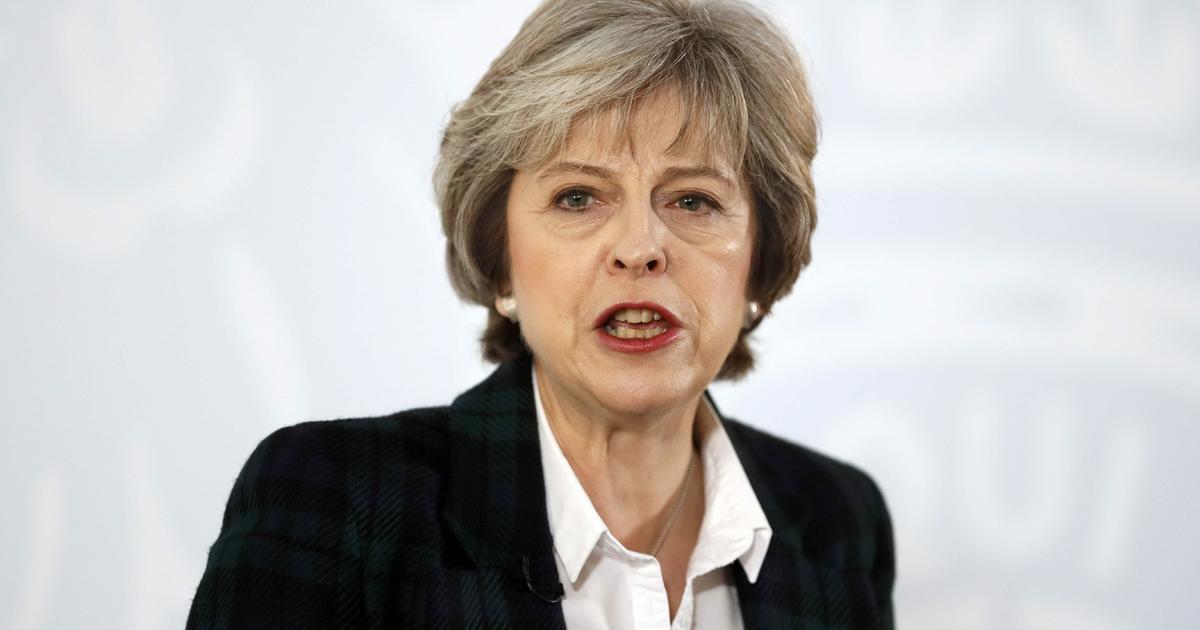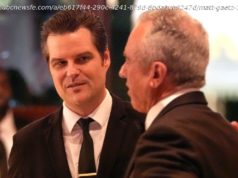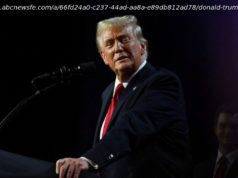 In a major speech, May said Britain won’t “hold on to bits of membership,” nor seek associate or partial membership in the bloc during the coming two-year negotiation period with European leaders. Those negotiations will begin once May’s government triggers Article 50 of the EU charter, which she has vowed to do by the end of March.
In a major speech, May said Britain won’t “hold on to bits of membership,” nor seek associate or partial membership in the bloc during the coming two-year negotiation period with European leaders. Those negotiations will begin once May’s government triggers Article 50 of the EU charter, which she has vowed to do by the end of March.
Richard Edelman, president and CEO of Edelman PR, explains Brexit in terms of the voters trust in the government and economy.
May said “ Brexit ” will see Britain leave the EU’s single market — but “seek greatest possible access to it,” as it exits the trade bloc.
She said her plans for Brexit cannot allow the U. K. to remain in the single market of the bloc because that would mean “not leaving the EU at all.”
May said she wanted Britain to be part of a customs union agreement with the other EU states, and remove as many trade barriers as possible. She did not provide details, but said she had an “open mind” on how to do it.
Britain is getting a new prime minister much earlier than expected. Theresa May will replace David Cameron Wednesday. May was confirmed as Britai…
She said Britain would forge a “new and equal partnership” with Europe after the result of a June national referendum saw Briton’s chose to leave the EU after more than 30 years as a founding member.
Setting out her vision for Britain, May said she wanted her country to emerge “stronger, fairer, more united and more outward-looking than before.”
The value of the British pound rallied on May’s focus on keeping Britain open to global trade. Her speech indicated her government’s desire to make the country open to new trade opportunities in the global economy.
The pound, which had been recovering Tuesday from steep losses earlier in the week, rallied to trade 1.9 percent higher at $1.2271. On Monday, it was as low as $1.20, the weakest level since October and near a 31-year low.






